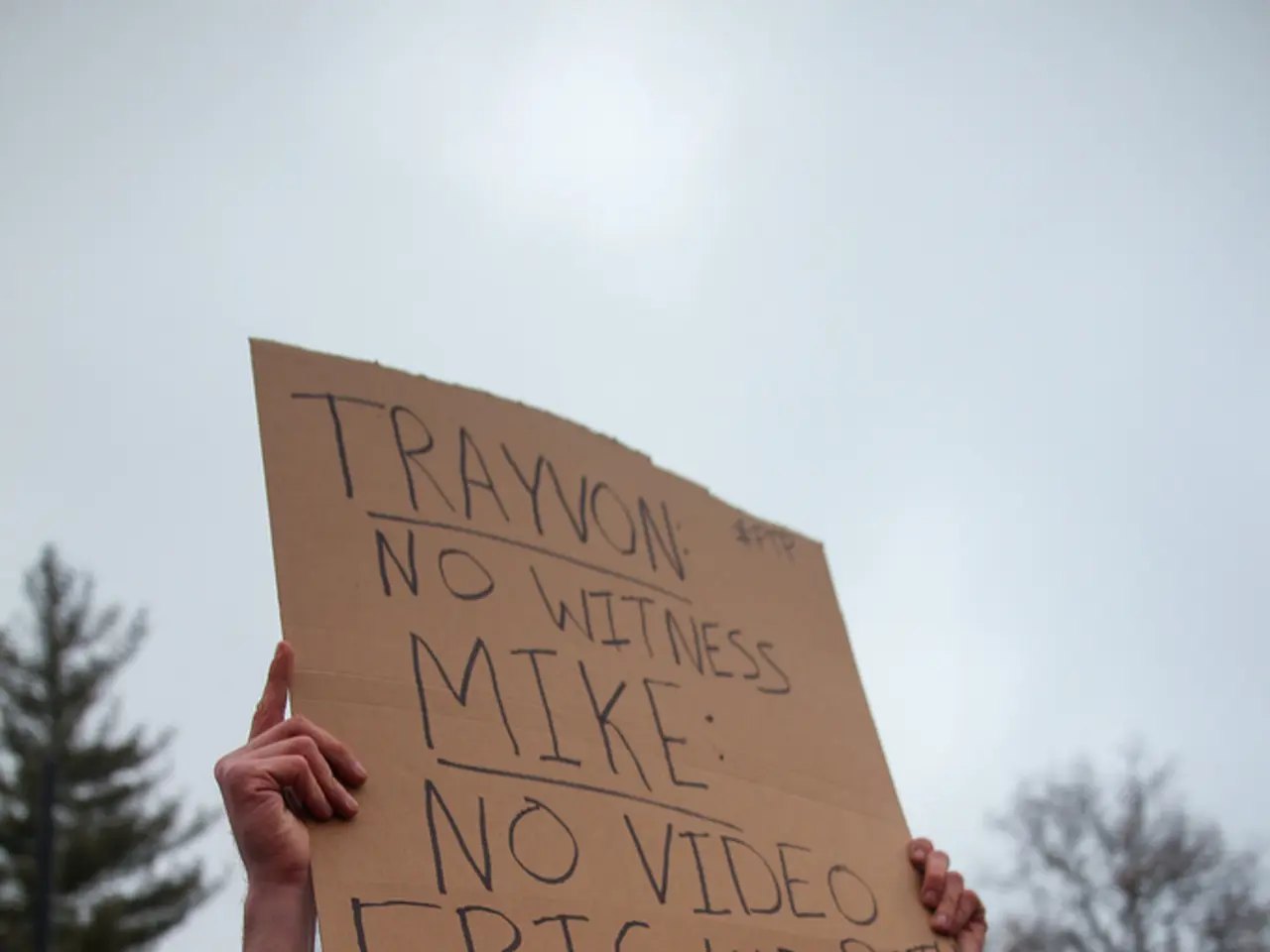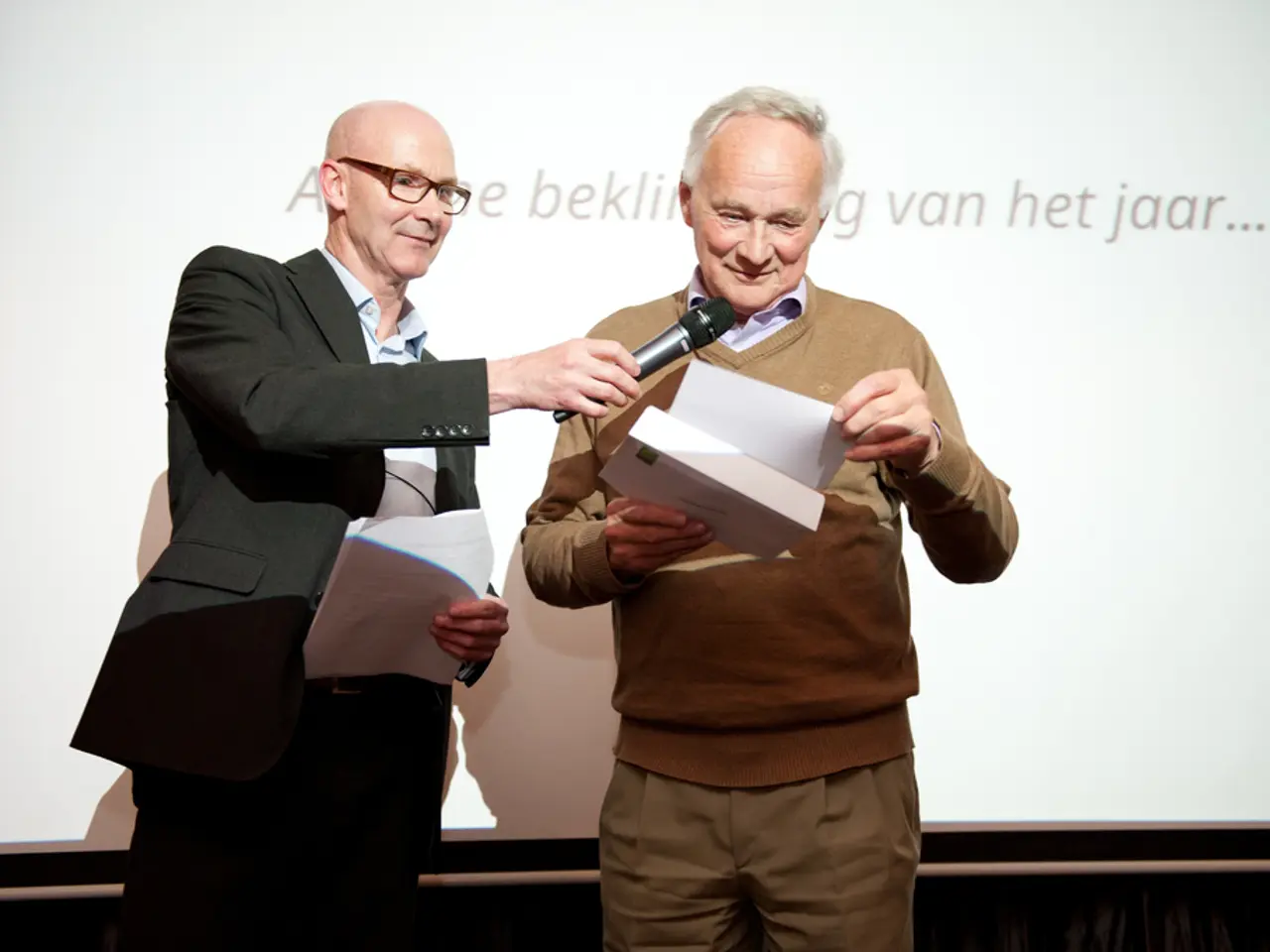House refuses passage of amnesty proposals from the People's Party; accepts three other legislative proposals instead.
In a recent session, the House of Representatives in Thailand debated and voted on several amnesty bills related to political offenses, including those involving Article 112 of the Criminal Code, which pertains to lese majeste (royal defamation) charges.
## Accepted Bills
Three amnesty bills were passed, sponsored by the United Thai Nation Party (UTNP), the Bhumjaithai Party, and Kla Tham Party-list MP Preeda Boonploeng. Collectively known as the "Promote Peaceful Society Bill," these bills aim to promote social harmony and grant amnesty for certain political offenses. However, they specifically exclude offenses related to Article 112, meaning they do not provide amnesty for those charged with lese majeste. The bills were accepted because they focus on promoting social harmony without addressing the sensitive issue of lese majeste, which is a contentious topic in Thai politics.
## Rejected Bills
Two amnesty bills were rejected by the House. The first, proposed by the People's Party, aimed to provide broader amnesty, including for those charged under Article 112. The second was a bill proposed by a civil society group. Both bills were rejected because they included amnesty for lese majeste offenses, which is a highly controversial and politically sensitive issue in Thailand.
## Special Committee
Following the vote, a special committee was established to vet and merge the three accepted bills into one draft. This committee includes representatives from both the ruling Pheu Thai Party and the opposition People's Party, highlighting the complex political dynamics surrounding amnesty laws in Thailand.
Amnesty International has urged the Thai parliament to ensure that any new amnesty law covers peaceful protesters, including those charged under Article 112, without granting immunity to authorities who have committed human rights violations. This stance reflects the international community's concern about the misuse of national security laws to suppress political dissent in Thailand.
Yingcheep Atchanon, one of the 36,723 voters who sponsored the civil sector's amnesty bill, argued that many individuals charged with violating Article 112 did not actually commit any wrongdoing.
- The rejected amnesty bills in Thailand, such as the one proposed by the People's Party, were denied due to their inclusion of amnesty for lese majeste offenses, a highly contentious issue in Thai politics.
- In the wake of the vote, a special committee was established in Thailand, comprising representatives from both the ruling Pheu Thai Party and the opposition People's Party, to vet and merge the accepted amnesty bills into a single draft.
- Amnesty International has called on the Thai parliament to ensure that any new amnesty law encompasses peaceful protesters, including those charged under Article 112, while not granting immunity to authorities who have committed human rights violations, showing international concern about the suppression of political dissent using national security laws in Thailand.






